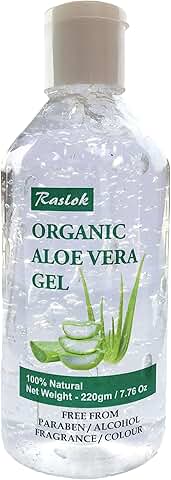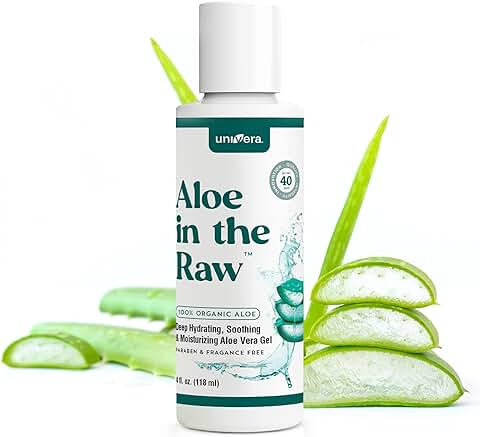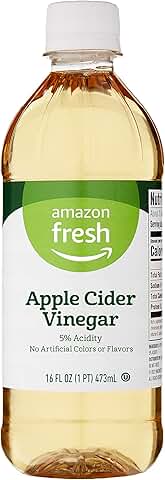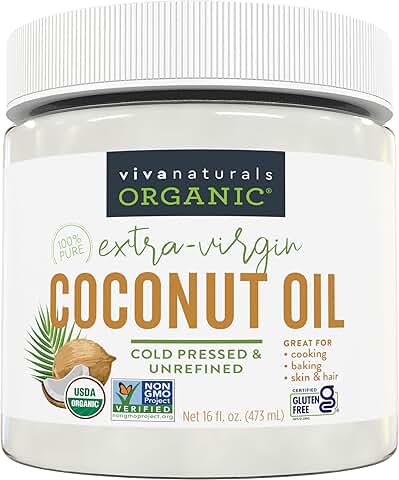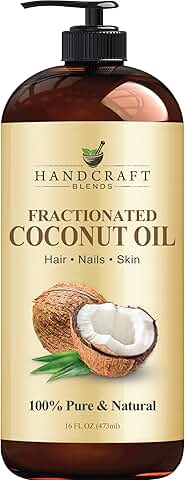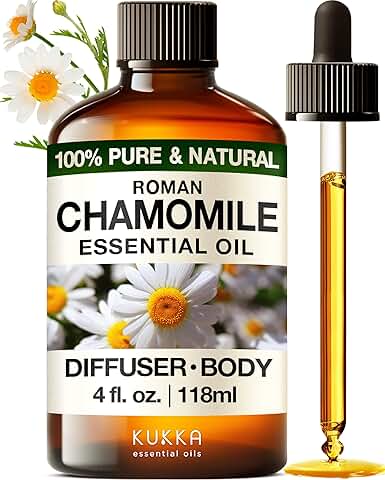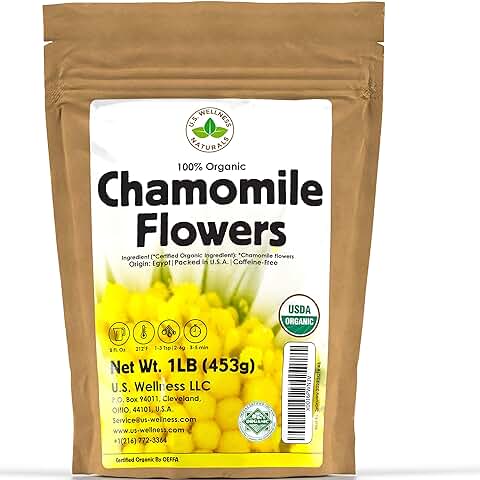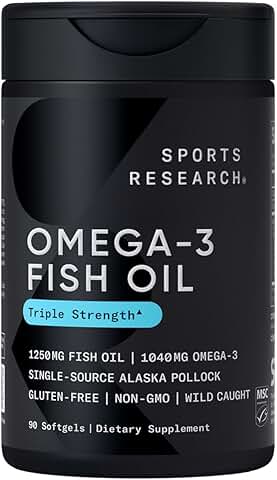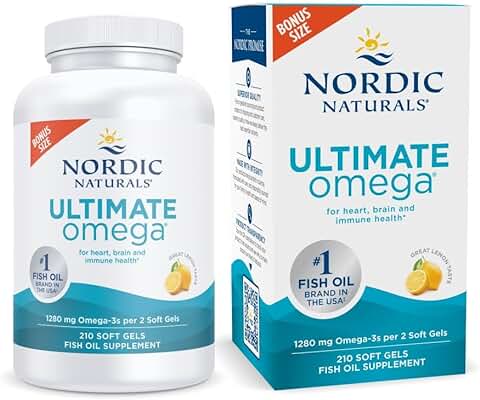Itchy, irritated skin can drive anyone to distraction. Whether you’re dealing with a sudden allergic reaction or a chronic skin condition, finding relief becomes your top priority.
I’ve battled my fair share of skin issues, from seasonal allergies to unexplained rashes.
Through trial and error (and a lot of research), I’ve uncovered natural remedies that can provide quick relief and long-term skin health.
Understanding Skin Allergies and Itching
Itching, or pruritus in medical terms, often results from your immune system overreacting to a perceived threat. This triggers the release of histamines, which cause inflammation and that maddening itch sensation.
Skin allergies can be triggered by a wide range of factors:
- Environmental allergens (pollen, dust mites, pet dander)
- Food sensitivities
- Contact with irritants (certain fabrics, chemicals, plants)
- Stress and hormonal changes
- Underlying health conditions
Effective treatment addresses both the symptoms and the root cause of your skin irritation. While over-the-counter antihistamines and cortisone creams can provide temporary relief, they often come with side effects and don’t address the underlying imbalance.
Natural remedies shine in this area. Many plant-based ingredients possess anti-inflammatory, antimicrobial, and soothing properties that work in harmony with your body’s natural healing processes.
Nature’s Medicine Cabinet: Powerful Ingredients for Skin Relief
Let’s explore some of the most effective natural ingredients for calming irritated skin:
1. Oatmeal
Colloidal oatmeal has been used for centuries to soothe itchy, inflamed skin. It’s anti-inflammatory properties help reduce redness and irritation, while it’s ability to balance skin pH creates an environment less hospitable to irritants.
For maximum benefit, grind plain, unflavored oats into a fine powder before adding to your bath water. This increases the surface area of the oats, allowing more of their useful compounds to be released into the water.
Here are two clickable options available on Amazon:
2. Aloe Vera
The gel from aloe vera leaves contains compounds that reduce inflammation and provide a cooling sensation on contact. It’s particularly effective for sunburn-related itching and minor skin irritations.
Aloe vera also contains vitamins C and E, which can help improve skin elasticity and promote healing. When choosing aloe vera products, look for people who have a high percentage of pure aloe vera gel and minimal added ingredients.
Here are two clickable options available on Amazon:
3. Apple Cider Vinegar
Apple cider vinegar helps restore the skin’s natural acidity, creating an inhospitable environment for bacteria and fungi that can exacerbate itching. It’s astringent properties also help soothe inflammation.
When using apple cider vinegar topically, always dilute it with water to prevent skin irritation. A mixture of one part apple cider vinegar to four parts water is a good starting point for most people.
Here are two clickable options available on Amazon:
4. Coconut Oil
Rich in lauric acid, coconut oil offers both antimicrobial and deeply moisturizing benefits. It’s especially helpful for dry, itchy skin conditions like eczema.
Coconut oil also contains vitamin E and essential fatty acids that can help strengthen the skin barrier, reducing moisture loss and protecting against environmental irritants.
Here are two clickable options available on Amazon:
5. Chamomile
Whether used as a tea or applied topically, chamomile’s anti-inflammatory properties can help reduce itching and promote healing of irritated skin.
Chamomile contains compounds like bisabolol and chamazulene, which have been shown to have anti-inflammatory and skin-soothing effects. These compounds can help calm irritated skin and reduce redness.
Here are two clickable options available on Amazon:
DIY Remedies: Putting Nature to Work
Now that we’ve covered the star ingredients, let’s look at some easy ways to incorporate them into your skincare routine:
Soothing Oatmeal Bath
- Grind 1 cup of plain oatmeal into a fine powder using a food processor or blender.
- Add the oatmeal powder to a lukewarm bath and stir to distribute evenly.
- Soak in the bath for 15-20 minutes, gently massaging the oatmeal-infused water onto your skin.
- After your bath, gently pat your skin dry with a soft towel.
- Apply a moisturizer while your skin is still damp to lock in hydration.
This oatmeal bath can provide immediate relief from itching and help soothe inflamed skin. The lukewarm water temperature is important, as hot water can further dry out and irritate sensitive skin.
Cooling Aloe Vera Compress
- If using fresh aloe vera, carefully cut open a leaf and scoop out the gel.
For store-bought gel, ensure it’s 100% pure aloe vera.
- Apply a generous layer of aloe vera gel directly to the irritated areas of your skin.
- For extra cooling relief, refrigerate the aloe vera gel for about 30 minutes before applying.
- Leave the gel on for 15-20 minutes, allowing it to fully absorb into your skin.
- Rinse off with cool water and pat your skin dry.
You can repeat this process several times a day as needed. The cooling sensation of the aloe vera can provide immediate relief from itching, while it’s healing properties work to reduce inflammation over time.
Apple Cider Vinegar Rinse
- Mix equal parts water and raw, unfiltered apple cider vinegar in a clean bowl.
- Dip a soft, clean cloth into the mixture and wring out excess liquid.
- Gently apply the cloth to the affected areas of your skin, holding it in place for a few minutes.
- Leave the solution on your skin for about 5 minutes.
- Rinse the area with cool water and pat dry with a clean towel.
- Follow up with a gentle, fragrance-free moisturizer.
This rinse can help restore your skin’s natural pH balance and create an environment that’s less hospitable to irritants and microbes. However, if you have very sensitive skin or open wounds, it’s best to dilute the vinegar further or ask with a healthcare professional before using this remedy.
Coconut Oil Moisturizer
- Start with a small amount of organic, unrefined coconut oil (about a teaspoon for your face, more for larger body areas).
- Warm the oil between your palms until it liquefies.
- Gently massage the oil into damp skin using circular motions.
- Pay extra attention to particularly dry or itchy areas.
- Allow the oil to absorb for a few minutes before dressing.
For best results, apply coconut oil immediately after bathing when your skin is still damp. This helps lock in moisture and creates a protective barrier against irritants.
If you find pure coconut oil too heavy, you can mix it with a lighter carrier oil like jojoba or sweet almond oil.
Chamomile Tea Compress
- Brew a strong cup of chamomile tea using 2-3 tea bags or 2 tablespoons of loose chamomile flowers.
- Allow the tea to steep for 10-15 minutes, then remove the tea bags or strain out the flowers.
- Let the tea cool to a comfortable temperature.
- Soak a clean, soft cloth in the cooled tea.
- Gently wring out excess liquid and apply the cloth to the irritated skin.
- Leave the compress on for 10-15 minutes.
- Repeat this process 2-3 times a day as needed.
This chamomile compress can help reduce inflammation and provide a soothing effect on irritated skin. The antioxidants in chamomile can also help protect your skin from further damage and promote healing.
Beyond Topical Treatments: Holistic Approaches to Skin Health
While these remedies can provide significant relief, addressing skin allergies holistically often yields the best long-term results. Consider incorporating these strategies:
Identify and Eliminate Triggers
Keeping a detailed journal can help you track potential allergens in your environment, diet, and skincare routine. Common culprits include:
- Fragrances in personal care products and laundry detergents
- Certain fabrics, especially synthetic materials
- Dust mites and pet dander
- Specific foods (dairy, gluten, and nightshades are common triggers)
- Environmental factors like pollen or mold
Pay attention to patterns in your skin reactions and note any potential correlations with specific exposures or activities. This information can be invaluable in identifying and eliminating your personal triggers.
Nourish from Within
A diet rich in anti-inflammatory foods can help reduce overall skin reactivity. Focus on incorporating:
- Omega-3 fatty acids: Found in fatty fish like salmon, sardines, and mackerel, as well as plant sources like flaxseeds, chia seeds, and walnuts.
Here are 3 clickable options of omega-3 fatty acids softgels and 3 seeds/nut options available on Amazon:
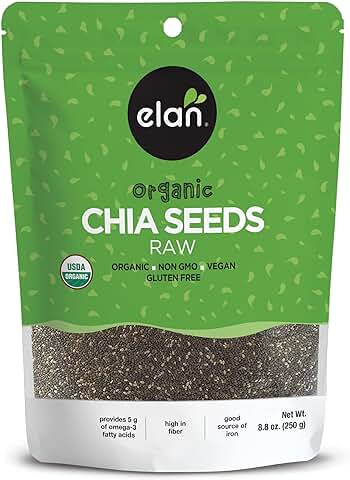
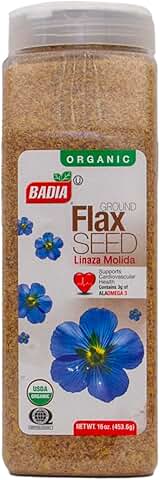

- Antioxidant-rich fruits and vegetables: Berries, leafy greens, sweet potatoes, and bell peppers are excellent choices.
Here are 3 clickable options fruits (fresh, dried and frozen) and vegetables (powder or fresh) available on Amazon:




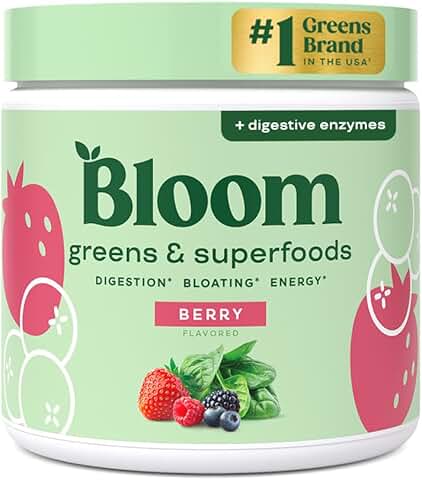

- Probiotic foods: Yogurt, kefir, kimchi, and sauerkraut support gut health, which is closely linked to skin health.
Here are 3 clickable options of probiotic foods available on Amazon:


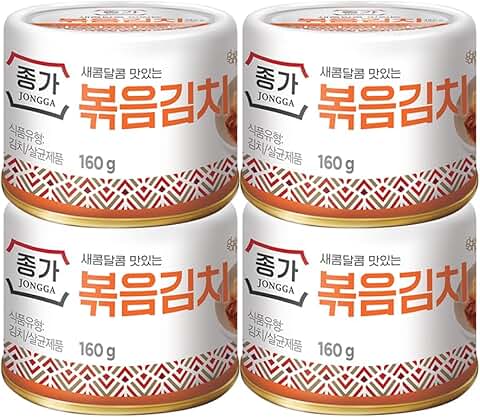
- Hydrating foods: Cucumbers, watermelon, and celery can help keep your skin hydrated from the inside out.


Consider working with a nutritionist or dietitian to develop a personalized eating plan that supports your skin health goals.
Manage Stress
Chronic stress can exacerbate skin conditions by triggering inflammation and disrupting your skin’s barrier function. Incorporate stress-reduction techniques like:
- Regular exercise: Aim for at least 30 minutes of moderate activity most days of the week.
- Meditation or deep breathing exercises: Even just 5-10 minutes a day can make a difference.
- Adequate sleep: Aim for 7-9 hours of quality sleep each night.
- Mindfulness practices: Yoga, tai chi, or simply spending time in nature can help reduce stress levels.
Remember, stress management is highly personal. Experiment with different techniques to find what works best for you.
Create a Skin-Friendly Environment
Your home environment can have a significant impact on your skin health. Consider these strategies:
- Use a humidifier to prevent dry air from irritating your skin, especially during winter months or in air-conditioned spaces.
- Opt for natural, hypoallergenic fabrics for bedding and clothing. Cotton, silk, and bamboo are good choices for sensitive skin.
- Keep your living space clean and free of dust and pet dander. Use a HEPA filter in your vacuum cleaner and consider an air purifier for your bedroom.
- Choose fragrance-free, hypoallergenic cleaning products to minimize exposure to potential irritants.
By creating a skin-friendly environment, you can reduce your exposure to common triggers and give your skin a chance to heal.
Common Pitfalls to Avoid
While natural remedies are generally safe, there are some potential pitfalls to be aware of:
Allergic Reactions
Even natural ingredients can cause allergic reactions in some people. Always patch test new ingredients before applying them widely.
To do a patch test:
- Apply a small amount of the product to a discreet area of skin, such as the inside of your wrist or behind your ear.
- Cover the area with a bandage and wait 24 hours.
- If you experience any redness, itching, or irritation, stop use of the product.
Overuse
Using natural remedies too frequently can irritate your skin. Listen to your skin and adjust your routine accordingly. If you notice increased dryness, redness, or irritation, reduce the frequency of application or stop use.
Ignoring Underlying Conditions
Persistent or severe skin issues may show a more serious condition requiring medical attention. If your symptoms don’t improve with home remedies or worsen over time, ask a dermatologist or healthcare provider.
Expecting Instant Results
Natural remedies often work more gradually than pharmaceutical options. Be patient and consistent for best results.
It may take several weeks of regular use to see significant improvements in your skin health.
Adapting Your Approach
Everyone’s skin is unique. What works wonders for one person may not be as effective for another.
Don’t be afraid to experiment (safely) to find the combination of remedies that works best for you.
Consider factors like:
- Skin type (oily, dry, combination)
- Climate and season
- Age (skin needs change over time)
- Severity of symptoms
As you become more attuned to your skin’s needs, you’ll likely find yourself naturally progressing to more advanced natural skincare techniques. This might include:
- Creating custom herbal infusions for targeted skin concerns
- Exploring aromatherapy and essential oil blending for emotional and physical benefits
- Delving into Ayurvedic or Traditional Chinese Medicine approaches to skin health
Achieving healthy, comfortable skin is an ongoing process. By mastering these natural remedies and holistic approaches, you’re laying a strong foundation for a lifetime of skin wellness.
Putting Knowledge into Practice
To reinforce your learning and start experiencing the benefits of natural skin remedies, try these exercises:
- Conduct a home ‘skin audit’ – identify potential irritants in your environment and personal care products.
Make a list of items to replace with more skin-friendly alternatives.
- Create a custom anti-itch blend using ingredients from this guide.
Document your recipe and results, noting what works best for your skin.
- Start a skin journal to track symptoms, treatments, and potential triggers over time.
Include details about your diet, stress levels, and environmental factors.
- Research and try one new anti-inflammatory food or supplement each week for a month.
Note any changes in your skin’s appearance or reactivity.
- Practice a daily stress-reduction technique for two weeks and note any changes in your skin’s condition.
This could be as simple as a 10-minute meditation or a short walk in nature.
Key Takeaways
- Natural remedies can effectively soothe skin allergies and itching without harsh side effects.
- Understanding the root causes of skin irritation is crucial for long-term relief.
- A holistic approach combining topical treatments, diet, stress management, and environmental factors yields the best results.
- Consistency and patience are key when using natural remedies.
- Always listen to your skin and adjust your approach as needed.
People Also Asked
What are the most common causes of skin allergies?
Common causes of skin allergies include environmental allergens like pollen and dust mites, certain foods, contact with irritants such as harsh soaps or fabrics, and reactions to medications.
How can I tell if I have a skin allergy or just dry skin?
Skin allergies often cause redness, swelling, and intense itching, while dry skin typically results in flaking, roughness, and mild itching. If you’re unsure, ask a dermatologist for a proper diagnosis.
Are there any foods that can help reduce skin inflammation?
Yes, foods rich in omega-3 fatty acids (like salmon and walnuts), antioxidants (such as berries and leafy greens), and probiotics (like yogurt and kefir) can help reduce skin inflammation.
Can stress really cause skin problems?
Stress can indeed exacerbate skin issues by triggering inflammation and disrupting the skin’s barrier function. Managing stress through techniques like meditation and exercise can improve skin health.
Is it safe to use essential oils for skin allergies?
While some essential oils have anti-inflammatory properties, they can also cause irritation or allergic reactions in some people. Always dilute essential oils properly and perform a patch test before use.
How often should I moisturize if I have itchy skin?
For itchy skin, moisturize at least twice daily, especially after bathing when your skin is still damp. You may need to moisturize more frequently in dry or cold weather.
Can changing my diet help with chronic skin allergies?
Yes, adopting an anti-inflammatory diet and identifying potential food triggers can significantly improve chronic skin allergies for many people.
What’s the best way to prevent skin allergies?
Preventing skin allergies involves identifying and avoiding triggers, maintaining good skin hygiene, using gentle skincare products, and supporting your immune system through a healthy diet and lifestyle.
Are natural remedies as effective as over-the-counter medications for skin allergies?
Natural remedies can be very effective for many people, often with fewer side effects than OTC medications. However, severe allergies may need medical treatment.
Always ask a healthcare provider for persistent or severe symptoms.
How long does it typically take to see results from natural skin allergy treatments?
The timeline for seeing results can vary depending on the person and the specific remedy. Some people may experience relief within a few days, while others might need several weeks of consistent use to see significant improvements.


